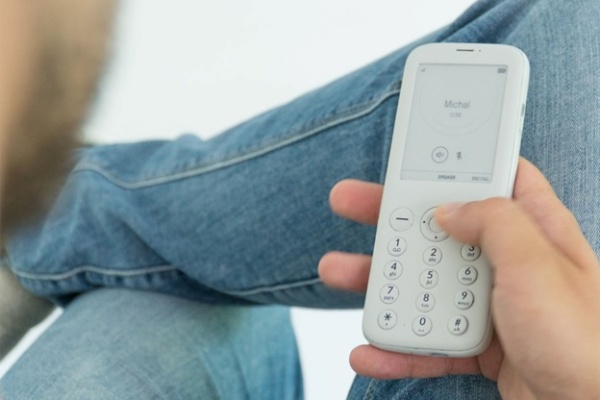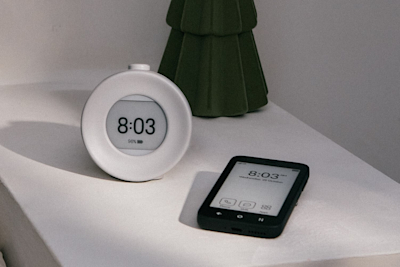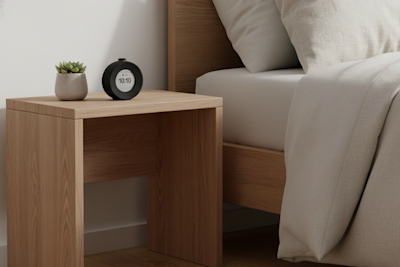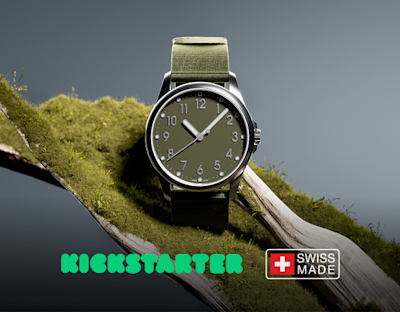
How to Build a Healthy Relationship with Technology
Digital Hygiene 101:
Currently, there are more internet users in the world than people who use toothpaste and toothbrush. This curiosity should make us aware that apart from personal hygiene, we should also be concerned about digital hygiene. Our psychological, physical and social well-being depends on our level of digital hygiene. However, what exactly is digital hygiene and how can we ensure it?
What is digital hygiene and why does it matter?
Generally speaking, digital hygiene is a set of attitudes, actions and activities aimed at optimizing individual wellness in terms of physical, mental and social use of information and communication technologies. Digital hygiene depends on self-regulation and control related to screen time, our internet use and digital technology, an alternative to the digital world, as well as a developed network of social support.
To put it in more simple terms: When the use of new technologies has a positive impact on our lives, that’s how we know that we are practicing good digital hygiene. If this is not the case, we should fundamentally rethink whether we are properly managing our time with digital technology. This includes surfing the internet, scrolling through social media, streaming movies or TV series, as well as using messaging apps.
Ways in which we can maintain good digital hygiene?
The symptoms of poor digital hygiene are really many, and each of them may concern a different aspect of our internet use. What is important, however, is that our use of digital technologies positively impacts our mental, physical and social well-being.
Below you'll find 10 rules to guide you towards that goal of practicing good digital hygiene.
1. Mind your screen time
Not all screen time is created equal. Research clearly shows that the type of screen time, which has the most negative impact on our health, is what researchers call passive time. It's when we're dispassionately scrolling through our screen, news, information on our social media. It is precisely in these moments, when we are mere consumers of online content, that we tend to lose track of time.
2. Put away the smartphone
Having your phone with you constantly makes it more likely that you’ll reach for it over and over again. When you're working or studying, put your phone away. You'll probably be less tempted to interact with it, if it’s out of sight. This is where the old adage, “What the eye doesn't see, the heart doesn't grieve over,” really comes into play.
Designate a place at work or at home where you can put away your smartphone. Try not to take it with you to social gatherings. Definitely don't use it in business meetings when you don't need it. To train your brain the analog way, try physically writing down the most important points from important meetings for better memory retention. To manage your smartphone notifications in a more mindful way, try Mudita Launcher. Mudita Launcher helps you focus and use your smartphone in a more mindful manner. You can limit notifications to specific times and arrange your Android apps in a way that reflects your daily routines.
3. Turn off notifications
This one should be a no-brainer. Not being able to manage notifications properly is the primary cause of distraction and loss of focus. You can also try a Faraday cage, like STOLP, to block all notifications.
4. Try not to multitask
While you’re working, close all unnecessary applications and programs running in the background and focus only on doing one activity at a time. Otherwise, you’re bound to get distracted, your attention span will drop to a minimum level, and it will take you longer to complete your tasks.
Why? Because the human brain, when shifting from one activity to another, needs a certain amount of time for what is called refocusing. If you’re trying to do multiple things at the same time, your brain needs to jump between tasks, needing more time to refocus on each one. It’s worth noting that only 1 percent of people worldwide have the ability to actually multitask.
5. Train your brain
How many phone numbers can you remember off-hand, without looking at your smartphone contact list? Card games, sudoku, crossword puzzles, Rubik's cube, juggling balls, handwork, eating soup with your left hand (if you're a right-handed person) - all of these activities, and probably a host of others, increase the plasticity of our brain, which is important in a world dominated by screens.
6. Relax & unwind WITHOUT Screens
Did you know that unplugging is the best way to recharge your brain? That’s right! When we’re always connected and constantly “plugged-in,” our brain can become drained pretty quickly. When we fill our quiet moments and time between tasks with distracted screen time and fragmented conversation, our brain is always on edge and doesn’t get the peaceful, reflective time it needs to just disconnect and recharge. That’s why taking breaks and knowing how to unplug is vital. Unplugging is not only beneficial overall wellness, but also for our career.
7. Look into offline hobbies
When we cannot imagine our outside of the digital world, that’s when we know that we are treading on dangerous ground.
Pursuing passions, hobbies, and interests will build a significant counterbalance to our online presence. You can find various suggestion for offline hobbies in an article on our blog: https://mudita.com/community/blog/unplugged-indoor-activities-to-try-right-now
8. Consider periodic digital detoxes
The digital detox has already gained popularity as an integral part of therapeutic treatment. However, it is being used more and more often, also in an individual, non-organized way. Make an effort to consciously put aside all digital technologies for a period of time set by you and your loved ones. It can be an hour, a few hours, a whole day, a weekend.
By consciously cutting yourself off from using the internet and digital screens, you will see what is really causing your attachment to digital technology. More importantly, you'll see how important new technologies are in your life and whether you have any coping mechanisms without them.
9. Make sure to get a good night’s rest
This is one of the most crucial principles of good digital hygiene, which we very often forget. It is not true that our brain activity decreases during sleep. Although our brain performs very different functions during the day, at night, when we sleep, our brain is still very active. It regenerates connections between neurons, removes the unnecessary ones, organizes and systematizes the content acquired by us throughout the day, but above all creates the possibility for our body to activate long-term memory.
It is only during undisturbed sleep that we can memorize something for life. However, as it turns out, many people, young people in particular, do not practice proper sleep hygiene: 62% of Americans admit to sleeping with their phone at night, and 10 percent always use their smartphone when they wake up at night. And almost 80% use their smartphone as an alarm clock, which according to published research, can negatively affect your quality of sleep. [1][2]
10. Focus on real-world connections
Real-world human connections are what makes us fundamentally human. They not only affect our mental or physical well-being, but meaningful relationships can help us overcome life’s challenges. Real life connections also empower us to live our best lives and motivate us to learn and do better.
If you enjoyed this article, please check out similar ones featured on our blog and learn more about how living more of your life offline with less distractions can help enhance your health and overall well-being.
To learn more about Mudita, take a look at our website and our other posts. If you enjoyed reading this article, please share and recommend it!
Related stories

How To Build a More Thoughtful Relationship with Tech in 2026
Build a more thoughtful relationship with technology in 2026. Learn how mindful tech use & mindful devices can help you reclaim focus, rest, and balance.

Is 8 hours still the golden rule for sleep?
Eight hours is the recommended average, not a rule. Discover why sleep quality, consistency, and your natural rhythm matter more than hitting a number.

Mudita Radiant Launches on Kickstarter
Discover Mudita Radiant, a Swiss automatic field watch combining precision, durability, and minimalist design. Now live on Kickstarter.
If you'd like to receive the best stories from our blog, keep up to date with our progress and get notified about our product releases and special discounts.